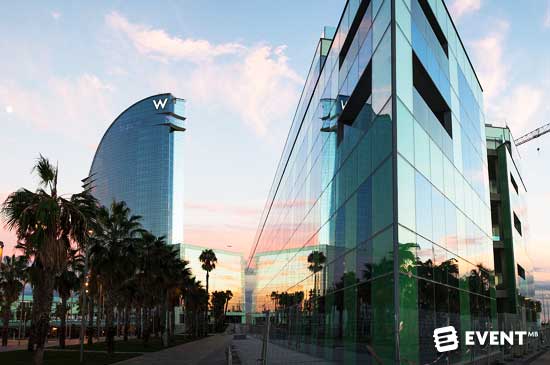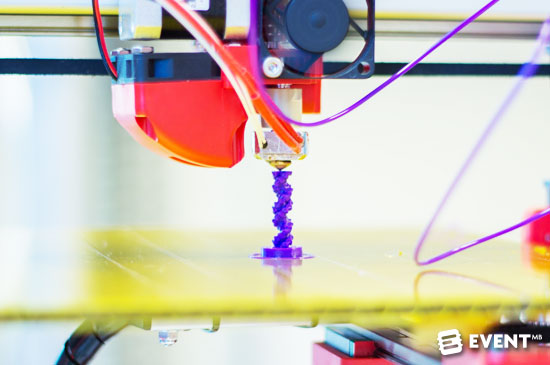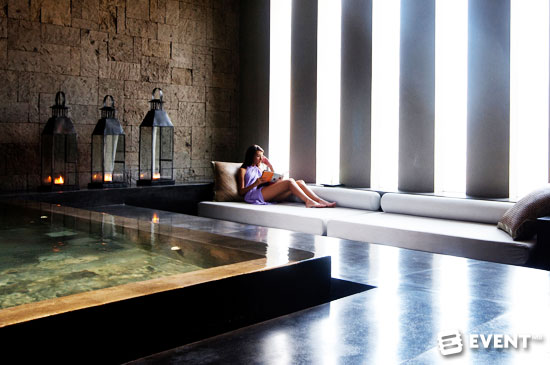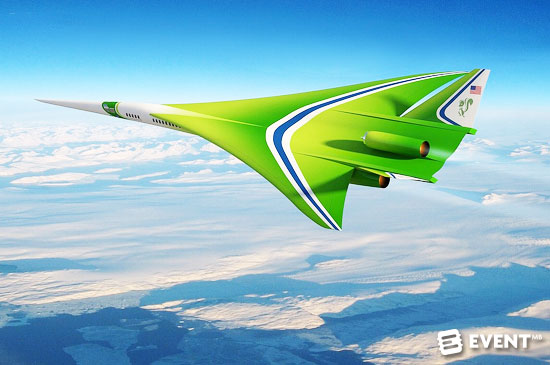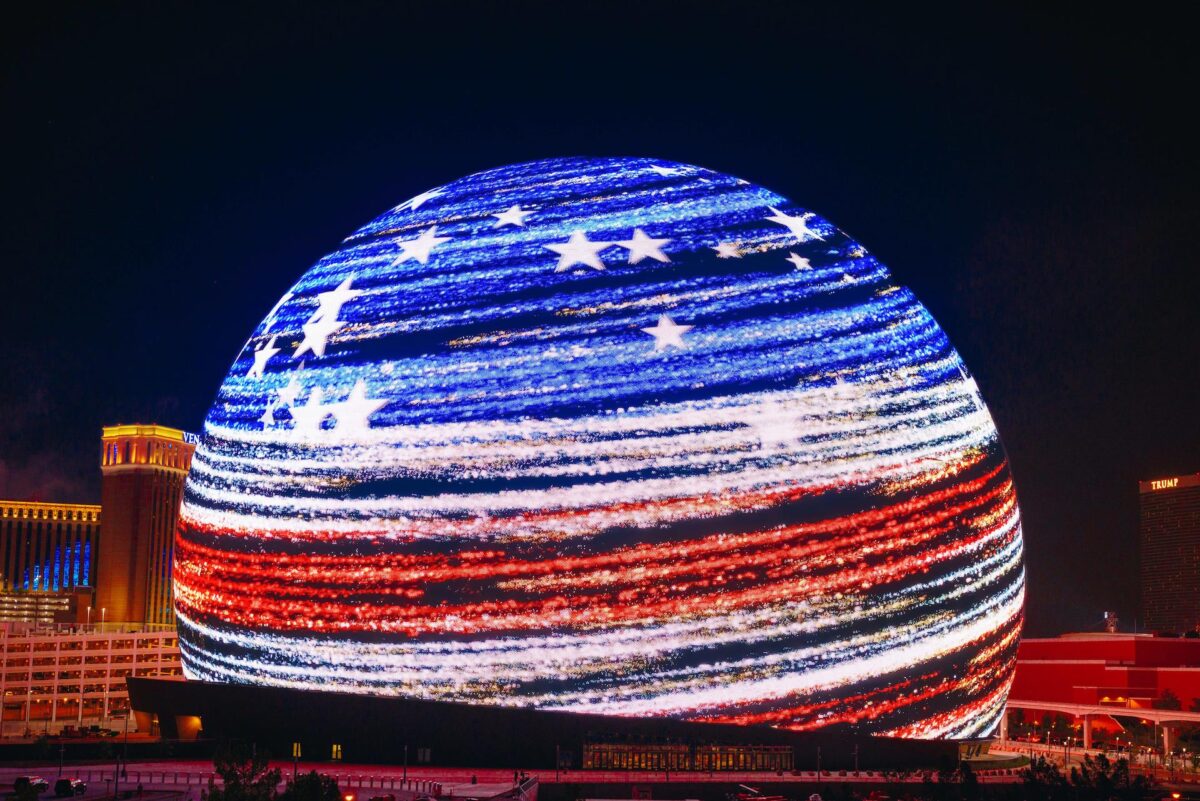As one of the strongest drivers for change in the event industry, technology plays a prominent role in the planning and management of events. A report on the Hotels of the Future involved working with a leading think tank and members such as Dr. James Canton to discuss and analyse how future trends will impact on hotels by 2060. The findings were exciting, especially for event professionals thinking about how it will affect events and accommodation in the future.
Combining today’s recognizable technology, such as touchscreen and virtual reality, with concepts that are beyond our time, these are some of the notable features hotels in the future will have.
Autonomous Staff
This includes robot butlers, entertainment, greeters and business services which for planning events can be more cost effective and reduce human error, streamlining the process of communicating with the systems to get exactly what you want. The idea of using robots could help break down the language barrier that is sometimes the case when planning in other countries as these robots are naturally multi-lingual and can adapt to the language you are using.
Autonomous staff may seem a long way off but “Relay”, a room service robot butler is currently being trialed in some US hotels and Japan has a robot hotel including an autonomous check in T-rex receptionist (yes you read that correctly). So while things aren’t running on their own just yet, thoughts are that by 2060 hotels will be completely autonomous, however, it does beg the question; is that entirely a good thing?
Automated systems can be limited and therefore the personalization and “special requests” that can be organized between event planner and venue as part of a long-lasting relationship might be lost. It could also be the case that it loses that human touch for the guests and when quick problem-solving is needed, robots won’t be able to deal with this as intuitively as they follow set protocols.
3D Shopping
With 3D bio-printing currently being researched, it is not a huge leap to consider 3D printers in hotel rooms that can accommodate products such as headphones or clothing and accessories. The idea is that everything is available at the touch of a button to reduce the need for luggage. For event planners this saves on flight costs due to the lack of weight and baggage and also makes eventprof travel easier as you can be more available at the drop of a hat, no need to go home and collect a suitcase, you can go straight from the office and jump on a plane.
3D printing also makes surprise events such as weddings, birthdays or honeymoons’ easier for the guests who are being whisked away, they no longer need clues on what to pack as they can be accommodated when they get here.
Made-To-Order Venues
Based on votes and crowdsourcing, venues can be made-to-order and self-assemble the environment around them to suit. This is a fantastic opportunity for event professionals as it makes event themes limitless and allows the location to be designed around the event rather than the other way around. This can create a better atmosphere and backdrop for your event as well as reducing the decor costs to make it exactly the way you want it.
Destination weddings or events no longer have to leave the country as a Scottish 18th century castle or futuristic skyscraper could be achieved in the same space. Larger venues and associated grounds could create an event in themselves by recreating famous landmarks or even movie settings that could be explored. Consider Hogwarts or Jurassic Park which would be the perfect venue for Halloween events or snowy cabins during the Christmas season, eventprofs no longer have to “make the venues work for them” the venues can be tailored to suit.
Personalized Longevity Health Spas
Based on your DNA, own health and genetics you would be able to visit health centers and spas that could promote longevity. It could become the latest trend in bachelorette parties or healthy event experiences that cater to the health conscious. Medical advancements are progressing rapidly due to technological growth and the ability to detect diseases based on your genetics could no longer be a treatment at the doctors but at your local spa.
Aside from personalized treatments, you could also have on-site health spas in the hotel to provide you with programs to enhance your health and unwind while on vacation or at an event. These facilities would almost certainly be costly and would become coveted services that could be used as an auction prize for fundraising events or as incentives for corporate sponsorship to gain popularity.
Pop-Up Hotels
A hotel that is short-term and could pop-up in limited spaces would work hand in hand with pop-up events and mean they could be reproduced on a larger scale. One of the limitations of pop-up events is that it can be hard to accommodate a larger crowd, especially if they have to travel. With pop-up hotels you could have accommodation right at your fingertips, which would also make an excellent base of operations.
Festivals would also appeal to pop-up hotels and expand the demographic to those who want to attend but don’t want to camp overnight, or stop poor weather from dampening the mood at a festival or outdoor event. Pop-up hotels can provide a more comfortable alternative exclusively for the guests and reduce the travel time to the venue as well.
Again, as crowdsourcing would be the main focus of where pop-up hotels would be placed, you could organize limited events to coincide with the hotels themselves and use them as venues to create a buzz and sense of exclusivity, because once they are gone, they are gone and no-two pop-ups will ever be exactly the same.
Supersonic Air Travel
It is suggested that fast and effective hovering, autonomous airport transfers would be able to go supersonic in order to beat the traffic and reduce the journey. If this is the case it could free up plenty of time on the itinerary for corporate or destination events and this means providing a better experience. It also means that event planners can choose the best hotels based on facility, company and the event theme rather than the proximity to the airport and having to factor in travel time.
If you think that it sounds too far-fetched you should consider that this year, Nissan’s self-driving cars are currently being trialed in Europe, as well as the self-parking car systems that have been introduced on some car models since 2006. Amazon are also trialing drones to deliver goods in packages around Britain which could see event suppliers turning to autonomous delivery as well. So, you may find that supersonic, autonomous cars could be just around the corner.
Sustainable Hotels
As sustainability and environmental issues are becoming an increasing concern and given prominence, it makes sense that future hotels and venues would plan sustainable events and accommodation. Sustainable hotels that produce and operate on clean, self-sustaining energy will become a viable option for the environmentally conscious guest and the suggestion is that all hotels would have the option to become sustainable. They would be prime venues for hosting sustainability themed events and would also be more financially viable as the venues would be able to sell clean energy back to the main power grid which would also make them a cheaper venue alternative.
Clean and natural products would also be sold on the premises for the health conscious attendee to promote healthy living and using these venues would highlight social awareness for the brands that choose to sponsor them.
Personal Travel Avatars
These would work in a similar way to how a concierge app works now and would streamline the travel bookings and searches. In the same way that Siri can help you access items from the internet or your phone, these avatars would be a more complex and capable version that cuts out the need for travel agents. As these would be specific to your needs and would build a profile based on your travels, interests and current events, they would be invaluable to event planners to foresee trends in event travel.
Event planners will also be able to use this information to personally plan itineraries to the precise likes and dislikes of individual guests and have more accurate data for destination events. Using travel avatars would also make travelling for eventprofs a lot easier which can reduce the amount of time wasted booking and planning travel arrangements if it is simply done for you.
DNA Authorization
From biometric payment systems which can greatly reduce the risk of identity theft to eye scanner room entry, DNA authorizations will be more popular. As technology develops, so does the need for security and for event planners can ensure fast and effective payment from guests caterers, suppliers or venues, which reduces the risk that they will run away without making payment. DNA will also help with identity confirmation when taking bookings online.
DNA authorization in the form of fingerprints will also be used for check-in which could make event entry a smoother and more efficient process to reduce queuing and make the overall experience more positive.
In Conclusion
As you can see it is going to be an exciting time for event technology in the future and to see how the industry progresses to keep up. Some of these advancements are already in their infant stages which means they may be closer than you think, so at least now you will be better equipped for event planning in the hotels of the future. This being said, it does beg the question whether technology will ever replace the event planner role?
